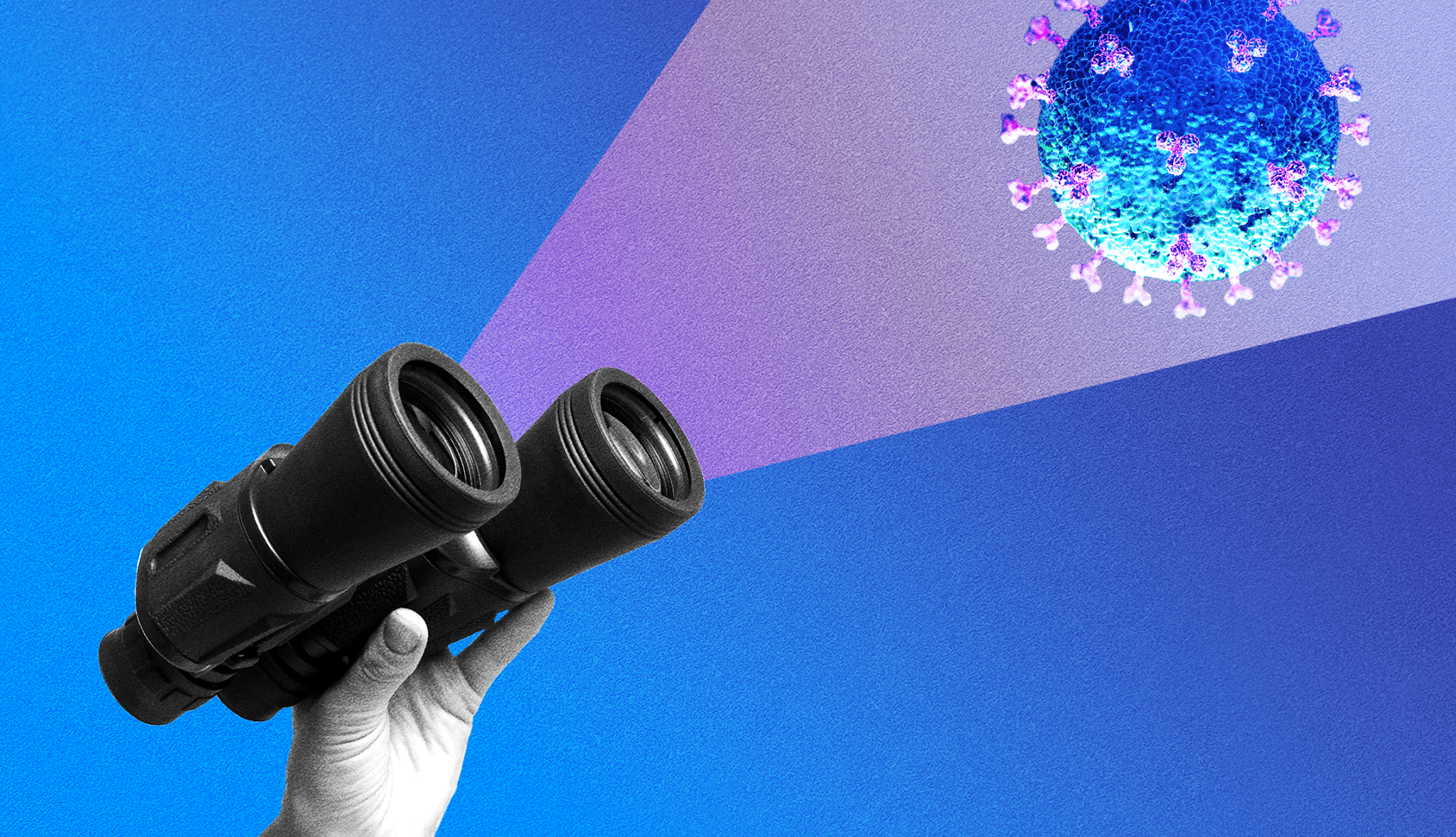
- Select a language for the TTS:
- UK English Female
- UK English Male
- US English Female
- US English Male
- Australian Female
- Australian Male
- Language selected: (auto detect) - EN
Play all audios:
The “slight caution” about the FLiRT variants, Schaffner says, is that from a genetic perspective, they are a little more “distant from their parents.” That means immunity from previous
infections and vaccines “may not protect perfectly” against an infection with a FLiRT variant, he notes. The Infectious Diseases Society of America says vaccination remains effective in
preventing a severe case of COVID-19, and vaccination with the most recently updated COVID-19 shot produces antibodies that can recognize JN.1, the parental strain of the FLiRT variants.
Officials at the U.S. Food and Drug Administration have recommended that vaccine manufacturers target the KP.2 FLiRT strain of the coronavirus when the COVID-19 vaccines are updated this
fall. The CDC on June 27 said that when these updated vaccines become available, everyone 6 months and older should receive one to protect against severe illness. In 2023, more than 916,300
people in the U.S. were hospitalized for COVID-19 and more than 75,500 people died from it, the CDC said. ADVICE FOR OLDER ADULTS Even with cases increasing in many areas of the country,
infectious disease researchers say it’s unlikely we’ll experience a surge this summer that’s as dramatic as the waves we saw in the early days of the pandemic. Still, virologist Andy Pekosz
said in a recent interview with Johns Hopkins Bloomberg School of Public Health that even small spikes can have a big impact on vulnerable populations, including older adults who are at
greater risk for severe disease from COVID-19. In light of the new variants and increasing cases, Schaffner says older adults and people with underlying medical conditions that put them at
higher risk for severe disease if infected should get another dose of the COVID-19 vaccine if they have not done so already. Health officials in February recommended that adults 65 and older
who received the COVID-19 vaccine in the fall of 2023 roll up their sleeves again for the shot to strengthen their protection against the virus — and it’s not too late to get it. It will
“give you the best protection until September or October, when we once again will update the COVID vaccine,” Schaffner says. Another tip while cases climb: Consider wearing a mask when
you’re in crowded indoor settings, the New York City Department of Health said on social media. Many people think of summer as safer since more activities are outdoors. However, Schaffner
points out, it’s also a big time for travel. Plus, summer’s smoldering temperatures can have the opposite effect and drive people indoors, particularly if there’s air-conditioning. Finally,
if you catch COVID-19, talk to your doctor about treatment options. There are prescription pills you can take to help keep symptoms from getting worse, and the sooner you start them, the
better they work. “It’s very important to recognize that although we would like to put COVID behind us, COVID is with us,” Schaffner says. “It’s now part of our ecology. It’s not going to
just completely disappear.” _Editor’s note: This story, first published on May 9, 2024, has been updated._






